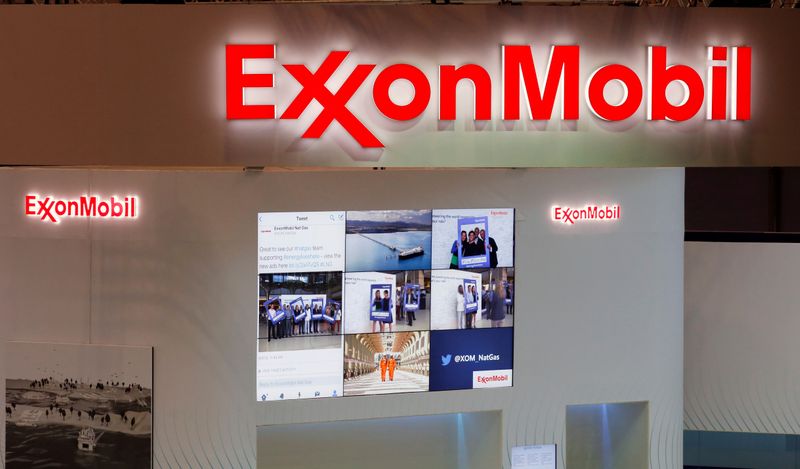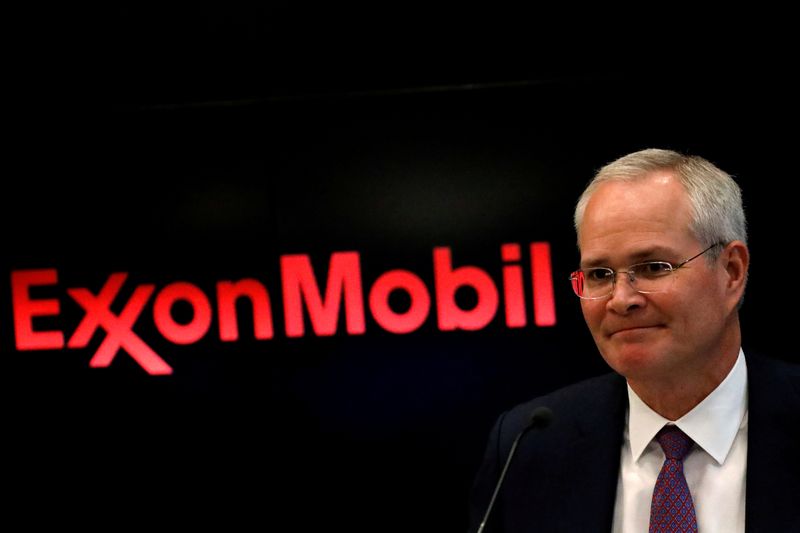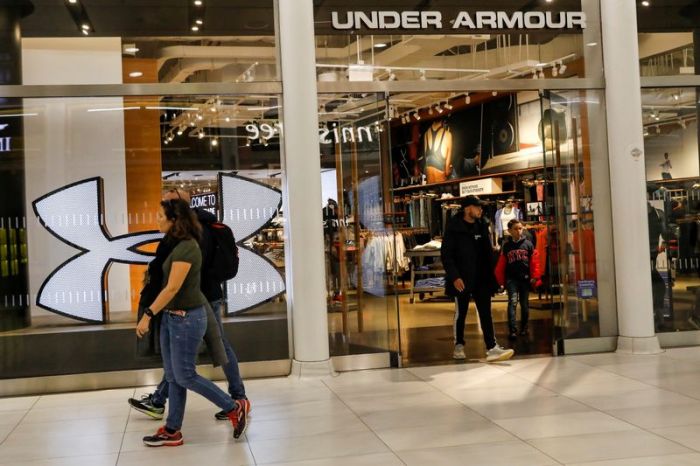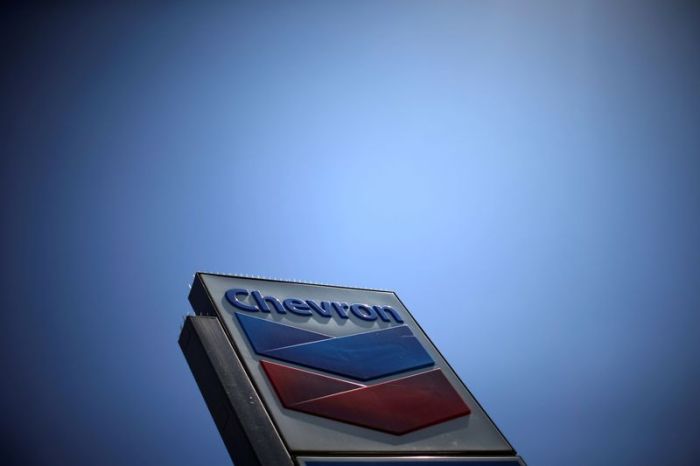HOUSTON (Reuters) – Exxon Mobil Corp <XOM.N> on Friday reported a $1.1 billion second-quarter loss on sharply lower energy demand and prices from the COVID-19 pandemic, and confirmed plans to make deeper spending cuts.
It was Exxon’s first back-to-back quarterly loss in at least 36 years, but was small in comparison to rivals who took giant charges last quarter. The top U.S. oil producer took no asset write-downs during the quarter, and got a 44-cent-a-share boost to earnings by increasing the value of inventories.
Chevron Corp <CVX.N>, Total <TOTF.PA>, Royal Dutch Shell <RDSa.L>, and Eni <ENI.MI> each wrote down their oil and gas properties last quarter by several billion dollars apiece, while BP <BP.L> signaled an up to $17.5 billion hit.
Exxon slashed capital spending 30% this year to around $23 billion, and Senior Vice President Neil Chapman said it expects to spend less than $19 billion in next year. That would be the lowest spending for the company since at least 2005.
It plans both capital and operating expense cuts to defend its dividend, Chapman said on a call with analysts, adding that investors “come to view that dividend as a source of stability in their income.”
It will not take on more debt and sees spending cuts as short term “to manage the current situation,” Chapman said.
Prior to the pandemic, Chief Executive Darren Woods pursued an ambitious spending plan to boost oil output and turn around sagging profits on a bet that a growing global middle class would demand more of its products.
The plan to significantly raise production and boost cash by selling assets has faltered, leading Exxon to slash costs to preserve an 8% shareholder dividend.
Exxon has identified an “undertaking a comprehensive evaluation,” of its global businesses, it said, without providing details.
Exxon’s oil and gas production business fell to a loss and its refining unit was hit by lower demand and weaker prices.
The U.S. oil major reported a loss of $1.08 billion, or 26 cents per share, compared with a profit of $3.13 billion, or 73 cents per share, a year earlier. Excluding inventory adjustments, the loss would have been $3 billion, it said.
On that adjusted basis, its per share loss of 70 cents missed Wall Street’s estimate of 61 cents, according to data from Refinitiv.
Exxon’s oil and gas output fell 7% to 3.6 million barrels per day during the quarter as it curtailed production due to the oil price crash.
Rival Chevron on Friday reported an $8.3 billion loss on asset writedowns, plummeting fuel prices, and expenses tied to thousands of jobs cuts.
Exxon’s production business reported a nearly $1.7 billion loss on lower output prices, compared with a $3.3 billion gain last year. Refining generated a $976 million operating profit despite lower margins and volumes. The unit’s gain came from an about $3.5 billion boost from non-cash inventory revaluations and by reversing a prior quarter’s impairment.
Chemical operating profit was $467 million, up from $188 million last year, and was “resilient” in a tough environment, said analyst Biraj Borkhataria of RBC Europe Limited.
The company is running out of capacity to add debt “without jeopardizing the strength of its balance sheet,” said analyst Jennifer Rowland of Edward Jones. The losses call into question “how long Exxon can continue to fund its dividend if the macro environment doesn’t substantially improve.”
Shares closed up a fraction at $42.08.
(Reporting by Jennifer Hiller in Houston and Arathy S Nair in Bengaluru; Editing by Marguerita Choy, Jason Neely and Tom Brown)


























